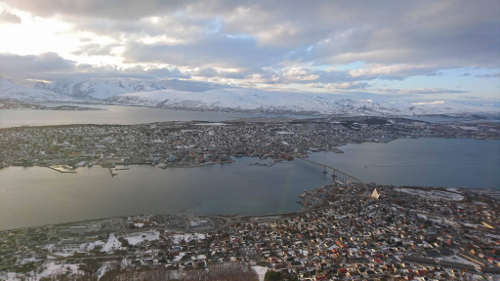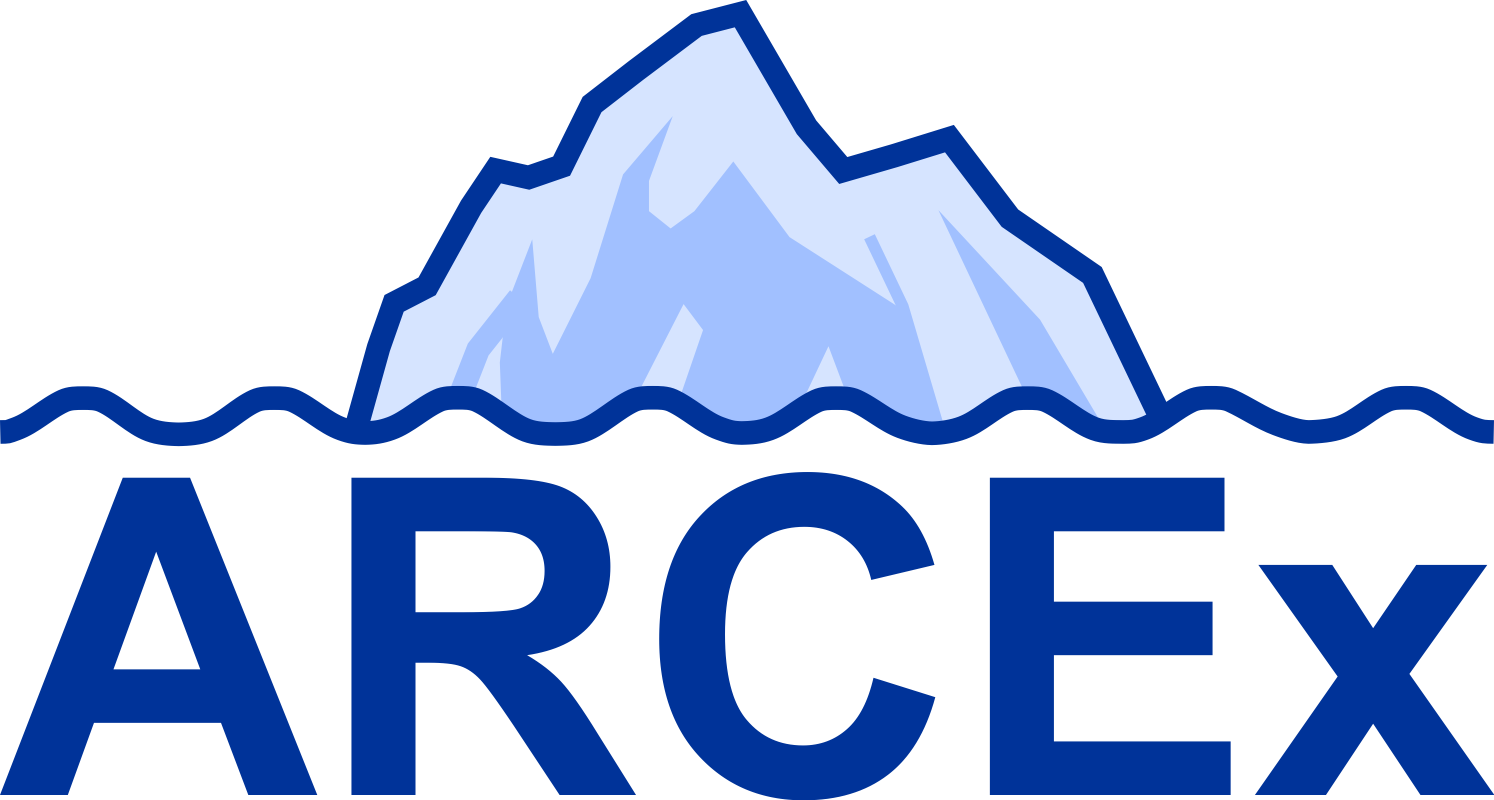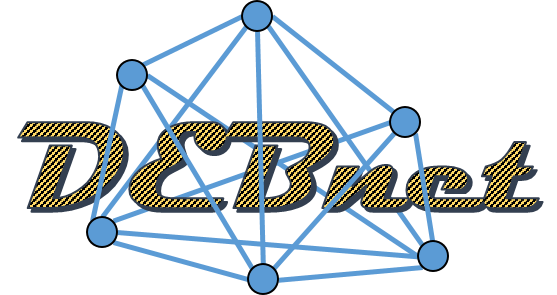Welcome to the DEB2017 Homepage
Tele-course followed by School & Symposium in Tromsø, Norway Tele-course: 2 March - 6 April 2017 School: 21-30 May 2017 Symposium: 31 May - 2 June 2017

DEB 2017 is the fifth edition of a series of tele-courses, schools and symposia which take place every two years. The previous editions were in Brest (France) in 2009, in Lisbon (Portugal) in 2011, in Texel (The Netherlands) in 2013, in Marseille (France) in 2015. This new edition takes place in Tromsø (Norway).

The course is on the Dynamic Energy Budget (DEB) theory, where biology, chemistry, physics and mathematics all come together. Energy budgets are useful for understanding relationships between food uptake, digestion, maintenance, growth, reproduction and ageing of individual organisms. The theory gives quantitative descriptions for the basic process during the life of an individual. DEB is a framework specifying the acquisition and use of substrate by all living organisms from bacteria to whales. The interface between the empirical world and mathematics involves special skills, which are not easily acquired. Mastering these skills forms the basis of this course.
Key words: Conservation (dynamic energy and mass budgets), Homeostasis and stoichiometry, Reserves, Surface area-volume interactions, Kappa-rule, Body size scaling relationships, Evolution, Life histories
Format/ When
- PART 1: 5 week international tele-course - general theoretical part (March 02 - April 06 2017) - hosted on coursesites
- PART 2: 8 day practical training part in class room mode (Tromsø, May 21 - May 30 2017)
- PART 3: 3 day international DEB symposium (Tromsø, May 31 - June 02 2017)
The practical training part and the symposium will give participants the opportunity to interact with skilled scientists who are actively involved in DEB research in many disciplines. They will receive exciting lectures on new developments in DEB theory as well as on applications of the theory in a variety of fields. It is also an ideal time for networking and learning about international opportunities.
Where?
- Tele-course : mainly your own working place, and we encourage participants to form local study groups. We recommend that the groups meet once a week, allthough individual participation is also possible. The various meeting places will be interactively determined at the start of the course. Individuals who registered separately will be assigned to a group in the same time-zone and asked to interact with the group during the meetings in either Google hang outs or Skype.
- The practical part, will be held at the Sydspissen hotel .
- The international symposium will take place at the Clarion Hotel The Edge.
For whom?
The course is for graduate students and scientists, but advanced undergraduates are also welcome. Several professors participated in the development of earlier courses, and their valuable input contributed to the level of the current course. Participants should have a background in biology, mathematics, engineering, chemistry or physics with an interest in the logic behind the quantitative aspects of the metabolic organization of living systems.Participants of previous courses wrote a number of special issues on DEB theory and its applications. Some were involved in organising the previous symposiums in Brest, Lisbon, Texel and Marseille. You can actually meet them and learn from their experience. The 2005-participants created the Research Group AQUADEB on applications of DEB theory to aquatic organisms. This nicely illustrates possible after-course activities.
![]() Calls for papers for the 2017 Special Issue on DEB
Calls for papers for the 2017 Special Issue on DEB
Prior knowledge
Active knowledge is assumed about elementary mathematics. Only a few topics in population dynamics involve some mathematics at a slightly more advanced level. Although the mathematics that will be used is elementary only, this does not imply that the course will be simple. As mentioned above, this course focusses on acquiring skills to work in the interface between the empirical world and mathematics.General knowledge about biology and chemistry are also assumed, which you probably have if you are interested in this course. Knowledge of the use of Matlab is helpful, but easy to acquire if this computer language is new to you. We will use them at an elementary level only and we offer a crash-course during the practical training part in Tromsø.
Registration for DEB2017 is now closed
If you consider a possible participation in an up-coming DEB course, which is not open yet for registration, for yourself or persons working with you, we suggest that you complete the form for expressing your interest without any obligations; you will receive an email when the registration opens.DEB2017 is supported by the Norwegian Science council in connection with the MARINFORSK project (NFR 255295) "FRamework for integrating Eco-physiological and Ecotoxicological data into marine ecosystem-based management tools" . The symposium also is supported through “ARCEx – The Research Centre for ARCtic Petroleum Exploration” funded by the Research Council of Norway (Project #228107)





